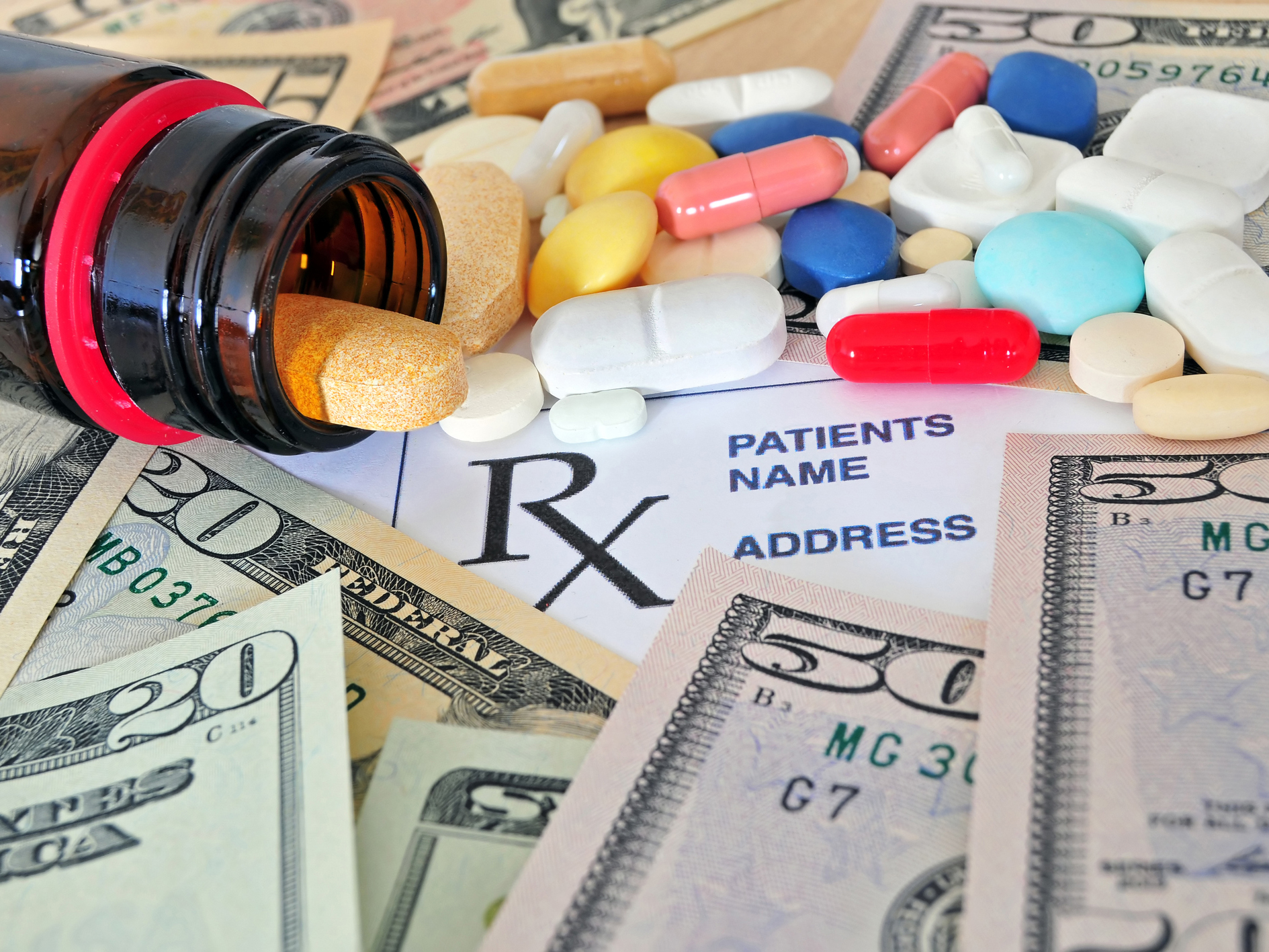Get Easy Health Digest™ in your inbox and don’t miss a thing when you subscribe today. Plus, get the free bonus report, Mother Nature’s Tips, Tricks and Remedies for Cholesterol, Blood Pressure & Blood Sugar as my way of saying welcome to the community!
Are you investing in a heart attack?

Finances may not be the first thing that comes to mind when you think about preventing a heart attack…
But research shows that keeping your heart healthy can have positive consequences for your bottom line.
In a recent study of over 4,000 people over age 40 who have clogged arteries, those who had no more than one of six risk factors spent an average of $1,400 on medications each year, while those with four to six risk factors averaged $4,516 — almost four times as much money!
And here’s the important thing we keep forgetting: Our lifestyle behaviors can affect all six of these risk factors.
We’re talking about:
- inactivity
- obesity
- smoking
- high cholesterol
- high blood pressure
- diabetes
And of course nutrition plays a huge role in keeping your heart healthy — and helping you avoid that last risk factor — diabetes.
But the argument I hear over and over is that eating healthy is expensive. Well, would you rather pay for your sickness or invest in your health instead?
What will it cost you?
The average amount you’ll pay if you’re admitted to the hospital with a heart attack is $18,200.
Of course, when you’re in desperate need of attention, you’re not thinking about what it’s going to cost you. Depending on the hospital you’re taken to, and the services rendered, your costs could be more than $100,000.
If you’re thinking that your insurance has you covered, think again. For 2017, your out-of-pocket expenses are capped at $7,150 for an individual. But that only includes covered charges. If you need any procedures that aren’t covered, you’ll pay full price, and it won’t go toward your deductible.
Prevention: Your best insurance
Dr. Paul Heidenreich, a cardiologist and professor at Stanford University, estimates that the number of heart attacks in the U.S. would drop by a whopping 63% in the next thirty years if we all made some lifestyle changes.
You can protect your health, and your finances, by taking these simple steps:
- Get more physical activity. We’re not even talking about sweating it out at the gym. Thirty minutes of brisk walking or biking, five days a week, would meet the recommendations of the American Heart Association.
- Improve your diet. Practice eating in moderation, stopping when you feel full. Consider adopting a Mediterranean diet rich in fruits, vegetables, whole grains, nuts, olive oil and especially weight-reducing, heart-guarding fatty fish.
- Drink five ounces of red wine daily. A large body of research supports the power of resveratrol, an antioxidant found in red wine, to reduce both “bad” cholesterol and the risk of blood clots. Resveratrol is also found in red grapes, blueberries, and dark chocolate.
- Use care with medications. Even “safe” medications like nonsteroidal anti-inflammatory drugs (NSAIDs) — often used to relieve arthritis pain — can raise your blood pressure, increasing your risk for heart attack and stroke.
Financial stress: Break the vicious cycle
Paying the financial price of a heart attack will hurt more than your bottom line. Money worries can actually harm your heart:
- Stress and anxiety are associated with rapid heartbeat and increased blood pressure. They also cause your heart to be chronically stressed as it continually remains in “fight-or-flight” mode. To avoid feeling this way, try mindfulness meditation.
- If you’re worried about money, you may cut corners on purchasing healthy foods — and opt for the cheap fast foods. But eating whole foods can be affordable. Don’t feel you have to buy everything organic because then, it could get pricey. Follow this list by the Environmental Working Group to decide which organic foods are most necessary.
- People who are stressed about money tend to engage in more sedentary, escapist activities, like watching TV and snacking. Get up and walk, instead. A review of 42 studies has also shown that people who walk regularly — especially with friends — have lower blood pressure, resting heart rate and total cholesterol. And it’s free!
By taking steps to protect your heart now, you can break the vicious cycle of stress and avoid becoming another heart attack statistic.
Editor’s note: There are perfectly safe and natural ways to decrease your risk of blood clots including the 25-cent vitamin, the nutrient that acts as a natural blood thinner and the powerful herb that helps clear plaque. To discover these and other secrets of long-lived hearts, click here for Hushed Up Natural Heart Cures and Common Misconceptions of Popular Heart Treatments!
Sources:
- Healthy lifestyle habits linked to lower drug costs — Harvard Health Publishing, Harvard Medical School
- How Much Would a Heart Attack Cost You? CBS News Moneywatch
- How to Protect Your Heart Health—and Save Big on Medical Costs — MONEY
- Heart Disease and Stress — MedicineNet.com
- Anxiety and Heart Disease — Johns Hopkins Medicine
- Out-of-pocket maximum/limit — HealthCare.gov
- Mediterranean diet: A heart-healthy eating plan — Mayo Clinic
- Red wine and resveratrol: Good for your heart? — Mayo Clinic
- Three-quarters of Americans are stressed about this — CNBC












